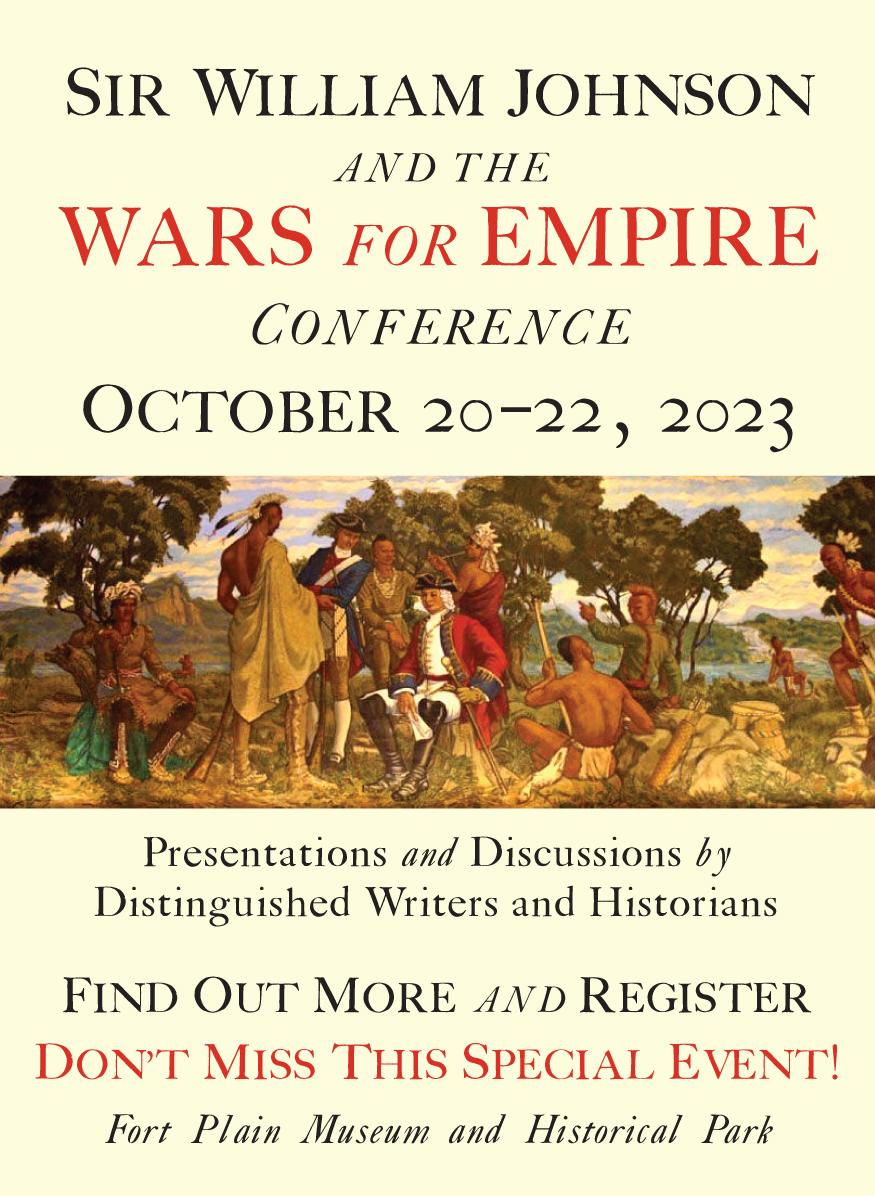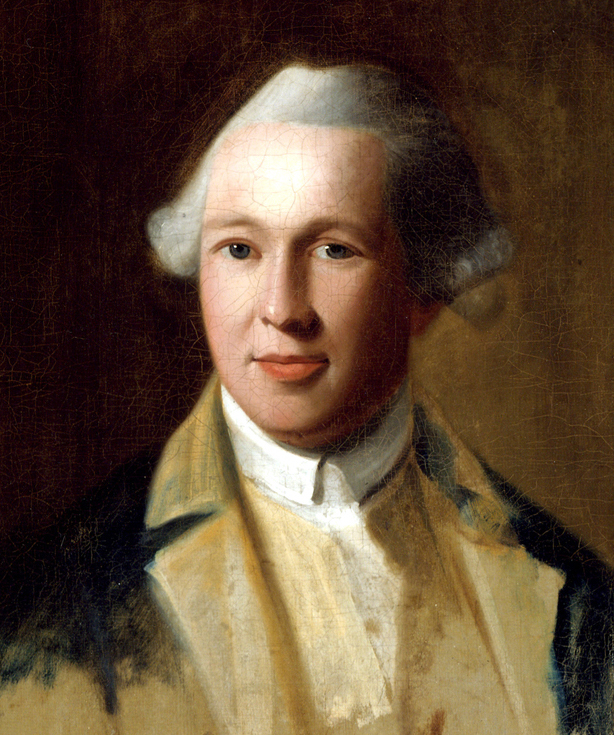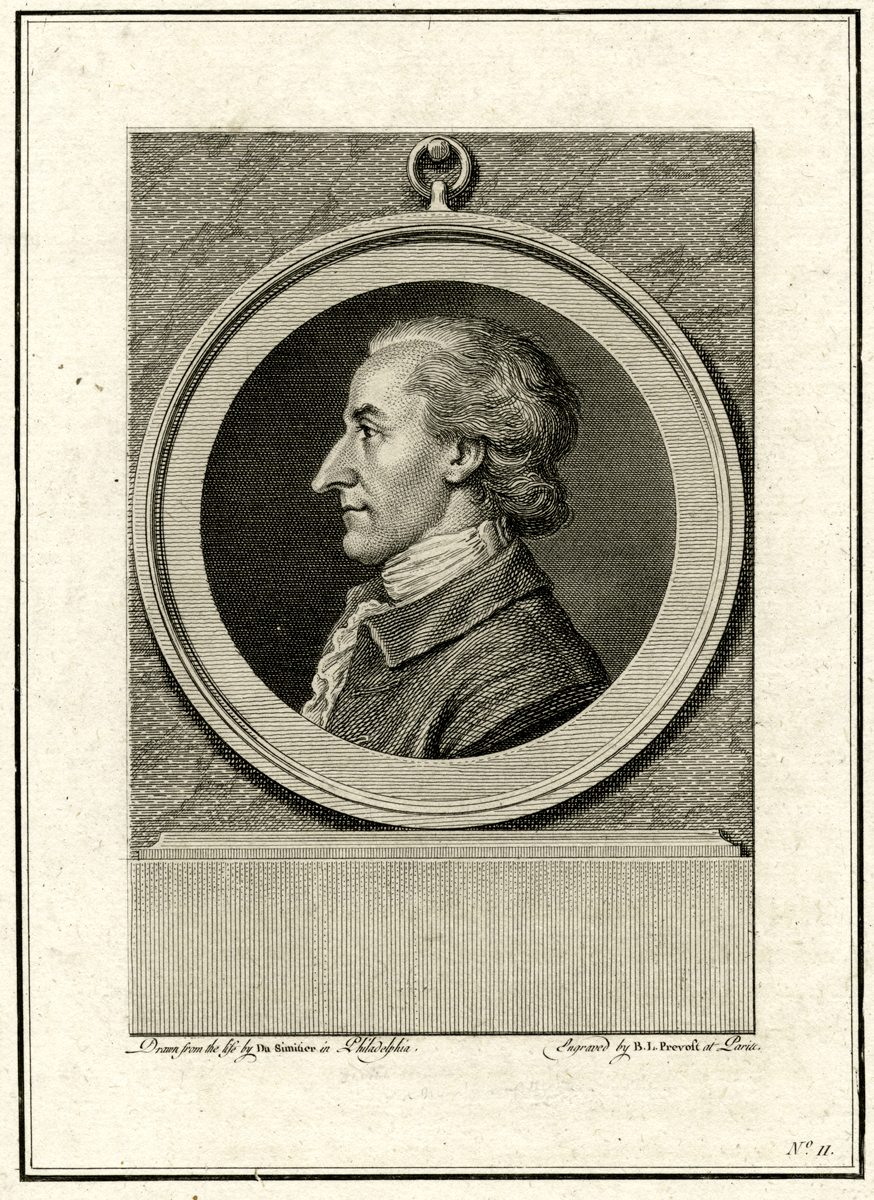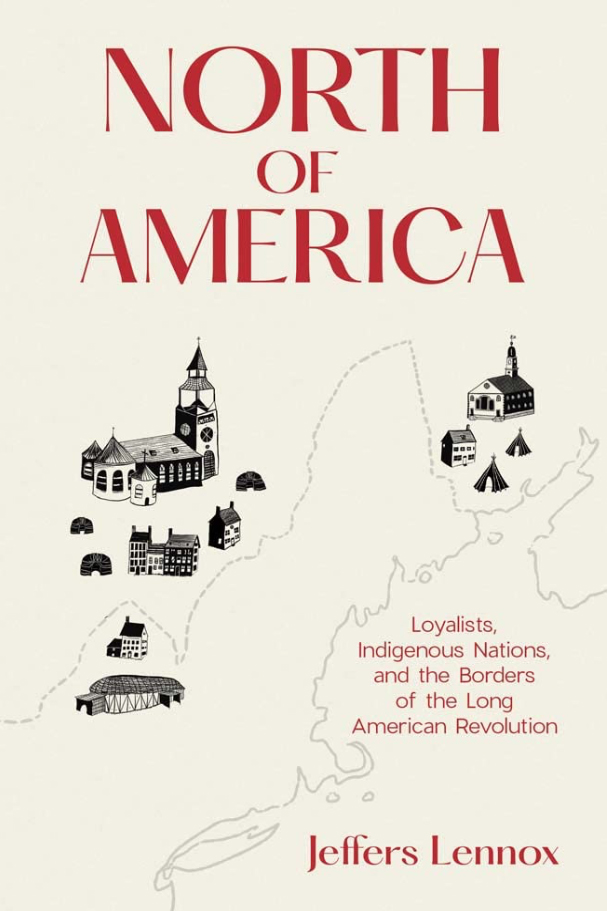Thomas Moultrie was one of five sons of a successful South Carolina planter. He served in the Continental Army during the Revolutionary War as a captain of the 2nd South Carolina Regiment. He was killed on April 24, 1780, during a dramatic dawn sortie from the besieged city of Charleston. His heroic death was in vain, for the American garrison surrendered the city fifteen days later, one of the Continental army’s worst defeats.
The most famous of Thomas Moultrie’s brothers was William, who played an important role in defending Charleston the first time it was attacked, in 1776, and later became a governor of South Carolina. Another brother, John, took a very different path when war broke out in America, choosing to oppose the rebellion and support the British government. He became a loyalist government official in British-held St. Augustine, Florida. After John learned of Thomas’s death, he penned an emotional letter on July 8, 1780, to his Patriot brother Alexander.[1] His words shed light on the sentiments of siblings separated by political oaths of allegiance between the two warring nations. He began by expressing his sorrow for a long lapse of communication:

Dear Brother,
You are my brother, altho’ that name formerly to me & always to the greatest part of the Mankind involving solid consolation & joy has to me for five long years been a term of reproach and real sorrow. How unhappy & sad must that man be who dares not ask a blessing on the most publick & interesting endeavours of his brothers, but on the contrary with deep sorrow & concern pray to the Almighty to confound all their devices. But I hope as this is the fifth year, it is the fifth & last Act of the most dismal & bloody tragedy I ever saw.
John went on to reveal much about his loyalist sentiments, essentially telling Alexander that regardless of what he felt towards his dead brother, he was unable to speak well of the cause Thomas died fighting for, for he had died fighting for the American rebellion:
Alas, poor Tom, I loved him. Indignation & anger have often arisen up in me for the hurt he took, but his unfortunate death has expel’d it all. ‘Tis turned into real concern, & ‘tis accumulated by what you seem to exult in, that he died great & honorable in the arms of victory. Had he died fighting in any other cause or against any other enemy I would have bene of your opinion; shou’d have had some consolation in his fall; ‘twould have then been honourable. I would have given testimony & remember’d him with honour. Now I can only remember him with concern and affection, allow that he died spiritedly & valiantly, but not in the arms of Victory by any means.
John Moultrie went on to discuss the reason for Thomas Moultrie’s death, or at least what he claimed the cause of his brother’s death to be. According to John, Thomas had told him he had joined the war on the side of the Americans because his friends had all joined, and not out of a personal belief in the cause. It is evident in the tone and style of writing that John believed this to be true. John also expressed confidence that their parents, who had passed away before the war, were in blissful eternal ignorance of the split that occurred within the family, loyalist versus patriot, as a direct result of the war.
I’m afraid poor Tom was desperate; I cannot help thinking so; I cannot help pitying him. I know that he went into the rebellion against his principle & will. I talk’d with him, you know, just before he join’d. I have his letter after his accepting his commission, excusing himself to me, declaring his only reason for joining was that he could not withstand the importunity of his friends, and that he might be no more teized & have a little quiet. But alas, unfortunately his resolution & steadiness (of which I know he had good stock) for once fail’d him, for once in an evil & unguarded hour feail’d him, he was seduced, he err’d, he fell, & now sleeps with his good old father & mother whom heaven thought proper to take away from scenes that must have wrung their hearts & sent them sorrowing to their graves, which (bless’d be God) they went down to in peace, & happy in the prospect of peace & happiness which we have spoil’d.
John concluded the discussion of his dead brother by telling Alexander how he had once blamed him for Thomas’s death, but now wished for his well being:
Tho’ I blamed you [for our brother’s death], I yet should rejoice to see you right & happy. You have given me an opportunity of speaking freely to you. I will do it; I ought to do it. I would not say or do anything that would give any man or living creature, much less you, unnecessary any pain.
The rest of the letter was about mundane family matters. At its close, John wrote, “I am your affectionate but distressed brother, John Moultrie.”
This letter reveals how the Revolutionary War divided families; these brothers had ceased all contact for five long years because of conflicting political ideological beliefs. For the remainder of the war, the surviving brothers would remain steadfast in their allegiance to their respective countries signifying a split in familial relations that would never again be the same.
[1]John Moultrie to Alexander Moultrie, July 8, 1780, M.C.B. Gubbins, transcriber, transcripts and abstracts of Moultrie family papers, 1746-1965, South Carolina Historical Society. All subsequent material is from this letter.














14 Comments
The first paragraph states that Thomas Moultrie died on April, 24, 1780 but the last paragraph states an unknown date for Thomas’ death. Which is correct?
Thomas Moultrie died on April 24, 1780; the inconsistency was introduced during editing, and has been corrected.
“Mundane family matters” in the letter; did they happen to mention people by the surname of Barnard or Bradley, or Young?
I’m all to aware the circumstances surrounding the tragic death of Thomas Moultrie were much more dire and significant than a mere political disagreement. He was fighting for (and died for) freedom and self governance. A most noble cause, if ever there was one.
And of course, brother fought against brother during The Civil War.
However, after reading this excellent essay, I can’t help seeing the correlation between broken families during the Revolutionary War and families torn apart currently by political loyalty and ideology.
Family bonds and love should always come first, even when disagreements arise. I have acquaintances that have not spoken to family members due to political loyalty for a very long period of time. That is tragic.
Thank you for bringing this story of family turmoil to light. Blood ties are oftentimes fractious, especially during wartime. My hope is the tragedy of Thomas Moultrie’s (and many others) death while estranged from his brother reminds us of how precious our family ties are.
To clarify…I’m not saying to put aside beliefs. We all should stand firm in what our core values and beliefs are. Family members disagree often over political matters, then and now.
What I am saying is to not completely lose family over those beliefs. Basically, an “agree to disagree”.
Now, I’ll stop. 🙂
Hi Dennis,
I see exactly what you mean. Of course, family should come before political allegiance. Lamentably, history likes to remind us of the ugly truth that this was and still is not always so. The Moultrie family is just one of many examples of fractured American families resulting from the Revolutionary War. In a perfect world, families would remain united in the wake of political turmoil. Unfortunately, this is not a perfect world.
Dennis,
As mentioned in a comment to George below, I am writing a dissertation on families politically divided by the Revolutionary War. I’ve had a few people tell me my topic is very relevant, so your comment in that regard stood out to me. I recently finished extensive research on a largely loyalist family in which the eldest son was an aide to Washington. No relationships in that family were permanently damaged by the war. There are some phenomenal letters, especially post-war.
Thank you, Jessica. I appreciate your reply very much.
I feel this is a very worthwhile topic & wish you great success with your research and dissertation. Families divided by loyalty and warfare creates another level of suffering to an already tragic situation.
Hopefully, it will get published so we can read your work!
Thank you for the kind words, Dennis! If all goes as planned, I will be defending my dissertation this December. I do plan–after a break!–to conduct some further research and then publish my dissertation. In the meantime, here is a blog post on my topic.
http://www.mdhs.org/underbelly/2018/10/25/scattered-across-the-globe-and-the-political-spectrum-the-tilghman-family-in-the-revolutionary-war/
No. The document does not mention any of the surnames you have provided.
OK – Thank you for checking.
KP
George,
I appreciated your article. I am writing a dissertation on families politically divided by the Revolutionary War and actually started writing about the Moultrie brothers earlier this month. I saw the letter quoted above when researching at the SC Historical Society. I was hoping your bio page would have your email, but since it does not, I will ask here: Have you conducted any other research on the Moultrie brothers? If so, I’ll have some follow-up questions!
Hello Jessica,
Thank you for your interest in the article. My research encompasses some history on John Moultrie, the loyalist of the family. If you have any questions, feel free to reach me at my email: gk*****@ke***.edu. Thank you!